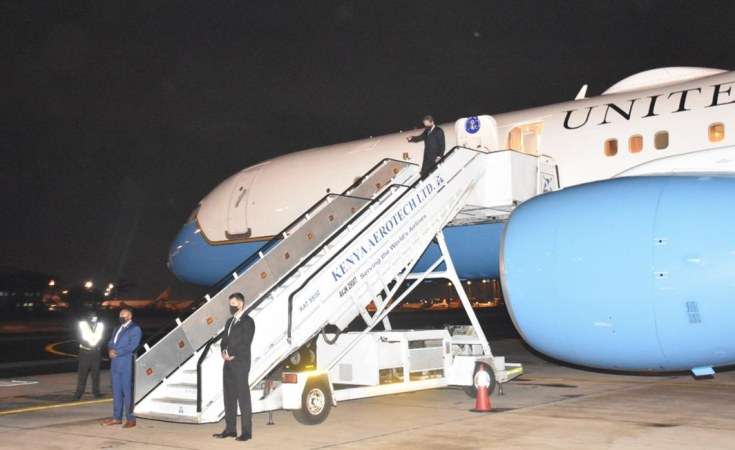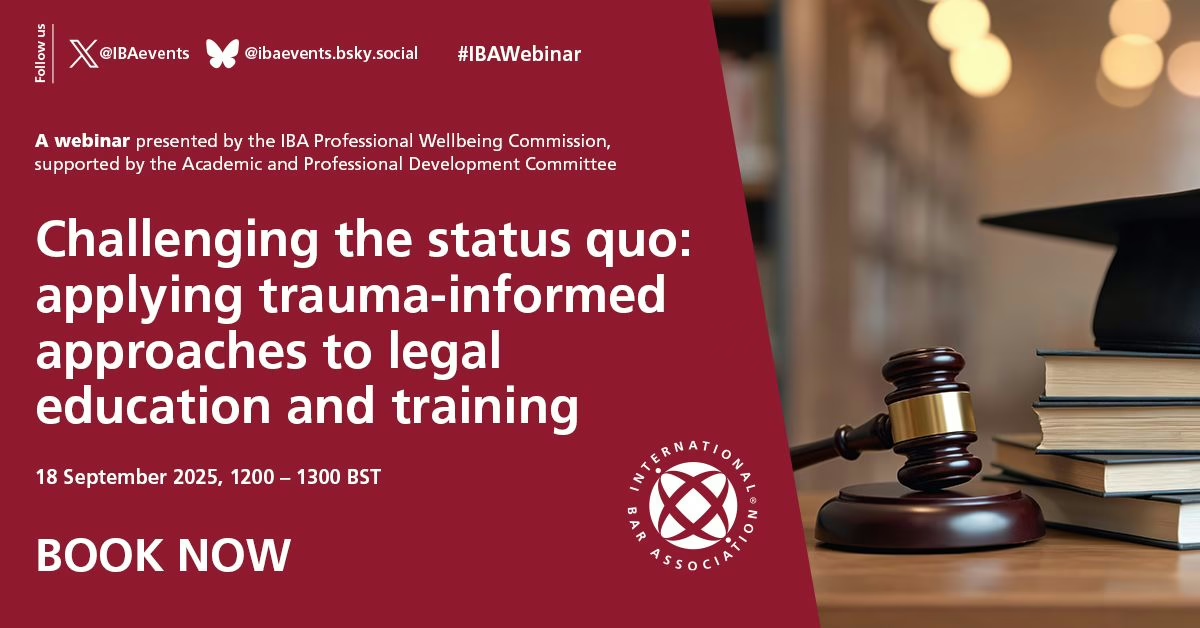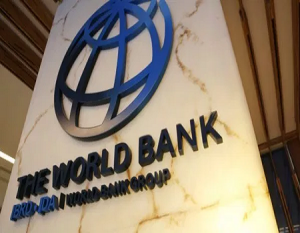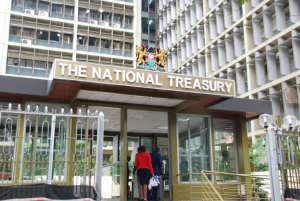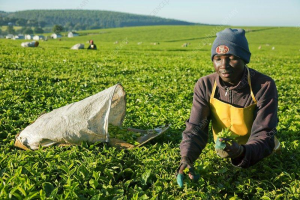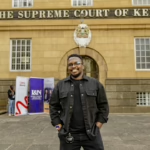US Secretary of State Antony Blinken arrives at the Jomo Kenyatta International Airport in Nairobi, Kenya/ KENYA’S MINISTRY OF FOREIGN AFFAIRS.
NAIROBI Kenya, Nov 17- United States Secretary of State Antony Blinken has called for an unconditional ceasefire in the Ethiopian conflict during his first leg of an African tour which will take part in Kenya, Nigeria and Senegal.
He additionally appealed to Sudan’s military leaders to free prisoners taken in the coup last month, urging the conflict ridden African state to choose the path of democracy. He noted that there was a possibility of financial assistance from the US should civilian leadership return.
The war in northern Ethiopia, the coup in Sudan and Somalia’s long-delayed elections dominated the agenda, along with climate change, as Blinken and Kenya’s foreign minister Raychelle Omamo addressed the media in Nairobi.
Blinken described Ethiopia’s year-old war as “a growing risk to the unity and the integrity of the Ethiopian state”.
The US state secretary pledged support for mediation efforts by former Nigerian President Olusegun Obasanjo, now the Africa Union’s High Representative for the Horn of Africa, and said there was still time for a ceasefire to succeed.
“I strongly believe there is an opportunity and an absolute necessity for all the parties to stop, to talk, to move back, for humanitarian assistance to flow and also to be at the table together,” he said.
He also touched on the ongoing conflict in Tigray, urging rebellious leaders to stop their threatened advance on the Ethiopian capital Addis Ababa – where the AU is headquartered.
Blinken arrived in Nairobi on November 17, 2021 for his first Africa trip following the COP26 climate talks in Glasgow, where poorer nations called on rich governments to do more to help them combat climate change.
He praised Kenya for getting 90 percent of its energy from renewable sources, saying it presented a global model.
Omamo said Kenya looked forward to working with the United States to plug the climate financing gap, saying that poorer countries who did not create the problem paid the greatest price for global warming.


